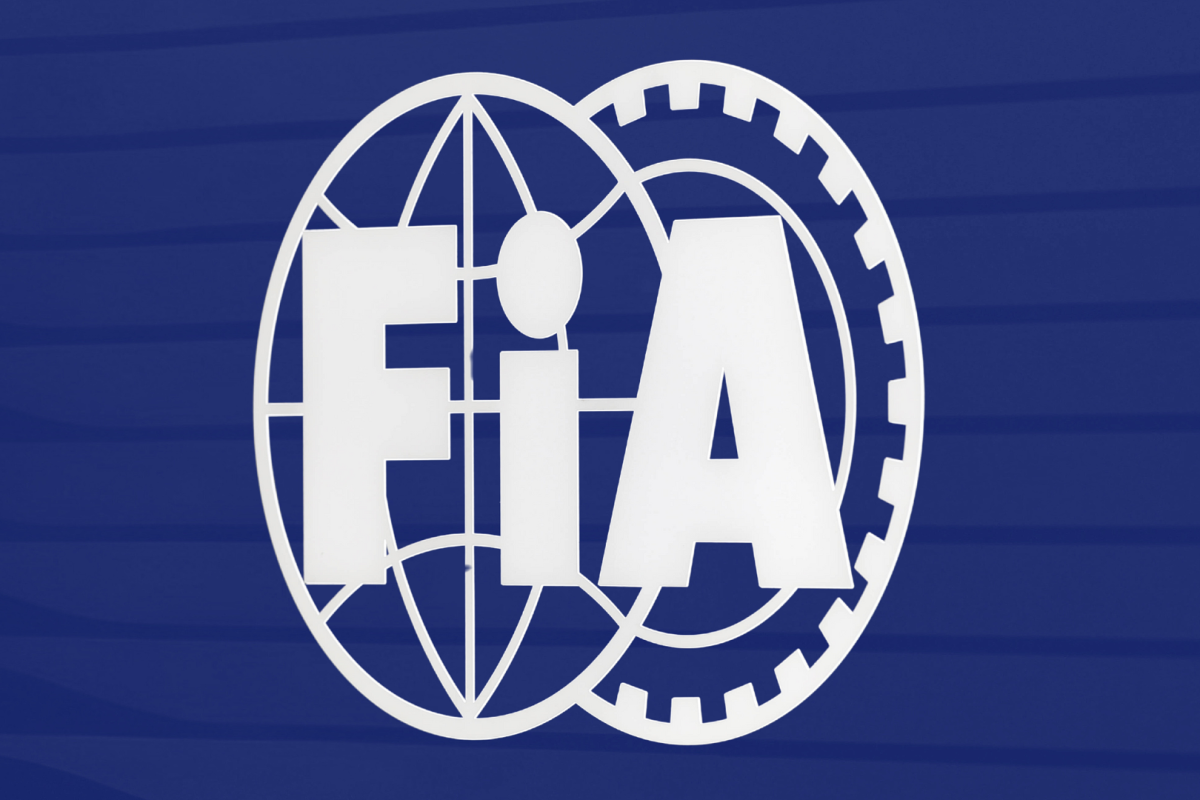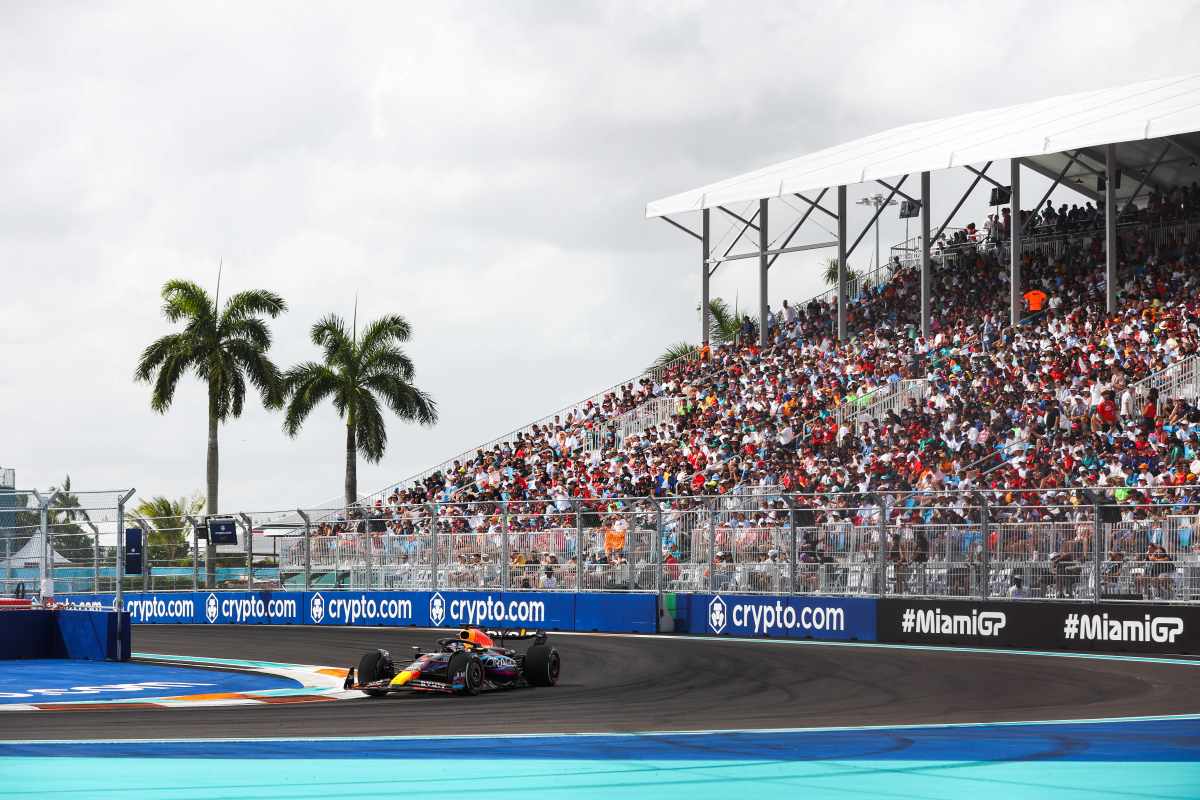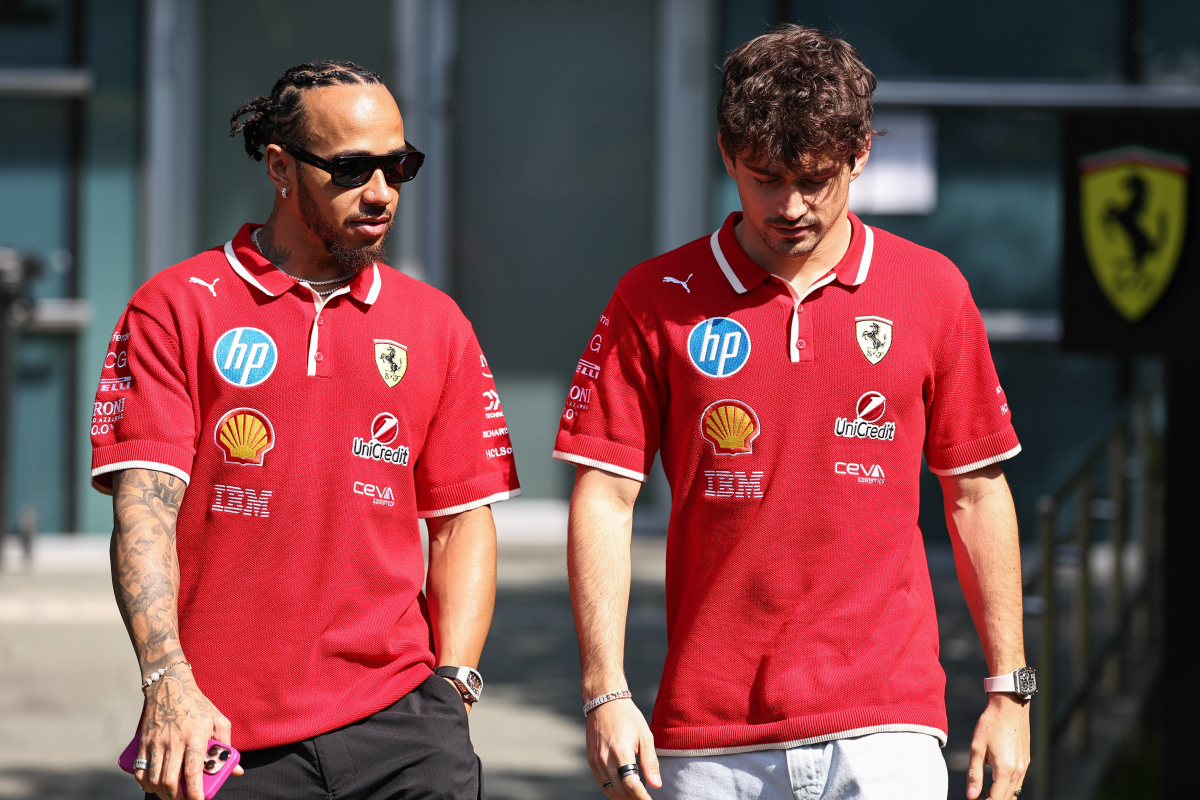Max Verstappen dealt shock Williams warning as….Read More
Montoya suggested that if Red Bull’s engine turns out to be underwhelming, the reigning champions could suffer a dramatic drop in performance, potentially finding themselves in a similar position to where Williams is currently—struggling at the back of the pack. This potential downturn raises serious questions about Max Verstappen’s long-term commitment to the team.
Speaking to Instant Casino, Montoya remarked, “Red Bull has a power unit next year that nobody knows how good it’s going to be. They could easily be where Williams is now next year. If Red Bull really does end up in the middle of the pack, Max Verstappen will have to ask himself if he wants to stay with the team.” He also highlighted that Verstappen’s contract contains clauses that could allow the Dutchman to leave the team early if performance targets are not met.
Speculation is already mounting about Verstappen’s possible next destination should he decide to exit Red Bull. Mercedes is currently believed to be leading the development race under the new engine regulations, which could make them a more attractive option for Verstappen. However, moving to the Silver Arrows would not be straightforward, as it would require reshuffling their current driver lineup.
At present, Mercedes has George Russell and rising star Kimi Antonelli on its books, both of whom are seen as valuable long-term assets. Montoya raised the tough decisions facing Mercedes team principal Toto Wolff, asking, “Would Wolff fire Antonelli to accommodate Verstappen? Or would you fire Russell? I don’t know how quickly that decision was made.”
Meanwhile, a switch to McLaren appears highly unlikely, given that the team has locked in Lando Norris and Oscar Piastri on long-term contracts, leaving no clear opening for Verstappen.
The situation leaves Red Bull in a precarious position. While they have dominated recent seasons, the leap into becoming an engine manufacturer under a brand-new formula brings many unknowns. Verstappen, a driver used to fighting at the front, may not be willing to tolerate a dip in competitiveness—especially if stronger alternatives are available.




